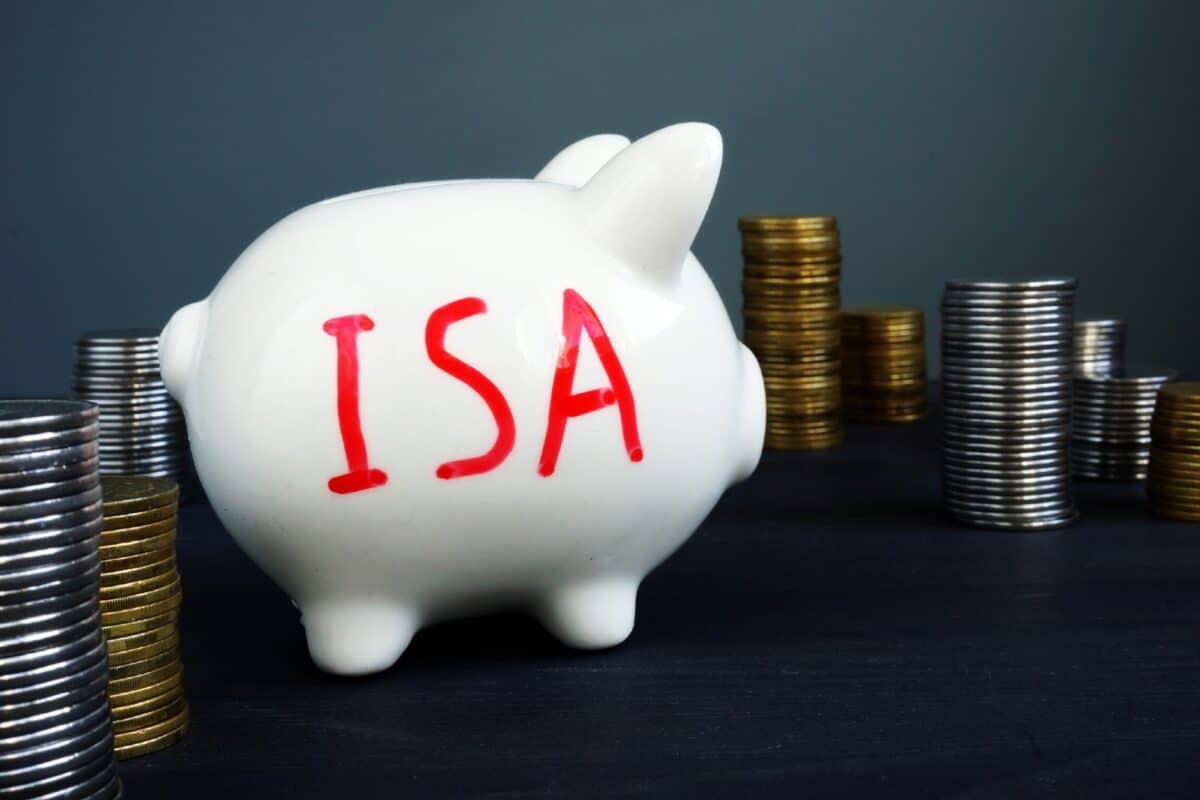Image source: Getty Images
Most people of working age tend to live off one primary source of income: their earned income (wage or salary, perhaps topped up by state benefits). But the problem with earned income is that it stops when I stop working. So how do I build a second income that lasts forever?
Passive income is my favourite kind
American mega-billionaire and philanthropist Warren Buffett once warned, “If you don’t find a way to make money while you sleep, you will work until you die”. That’s why passive (unearned) income is my favourite form of earnings — because it works when I don’t.
Despite what you might think, the biggest form of passive income isn’t investment income. For most seniors, state and workplace pensions account for a huge slice of their income. In other words, pensions (and benefits) are just another kind of passive income — but the most important kind for retired people.
I’m getting old…
I was born in 1968 (proud Generation X), so I turn 55 soon. However, I don’t think of myself as middle-aged, because I don’t expect to live to 100+. What’s more, this is the first year that I can draw on my non-state pensions. I have a few, including a couple of generous final-salary schemes from working in ‘high finance’ in London. I also have some smaller savings pots without guaranteed payouts.
That said, I’ve decided not to take any income from these pensions right now. Taking a pension early usually means getting a lower monthly payout for life, which I’m not keen to do. So I’ll leave these alone for now.
However, my wife was given early retirement after being made redundant almost two years ago. She also turns 55 later this year, when her final-salary pension kicks in automatically. My guess is that this payment will be thousand of pounds a month, index-linked against inflation for life. Very few people get a deal this good nowadays, so I envy her. But this company pension will be taxed very heavily, with almost half being lost to HM Revenue & Customs. Yikes.
Our second second income
For me, the best second income I’ve ever had by far is share dividends. Dividends are regular cash payments paid by companies to shareholders. Typically, these payments come quarterly or half-yearly. However, not all listed companies pay dividends — in fact, most don’t. Also, members of the blue-chip FTSE 100 index provide almost all of the dividend income from the London stock market.
In short, that’s why we’ve spent the past seven months or so buying a wide range of high-yielding FTSE 100 and FTSE 250 shares. By building up a diversified (well-balanced) new portfolio of dividend-paying stocks, we hope to earn upwards of 6% a year from these UK dividend dynamos.
Of course, shares are far riskier than cash or fixed-interest bonds, so we’re taking a much bigger risk with our money. But my experience of 35 years of investing suggests that share prices tend to rise strongly over decades. Therefore, as well as this second income from dividends, we expect to make capital gains from rising company valuations. And that’s why we intend to keep investing in quality shares until we die!
Credit: Source link













